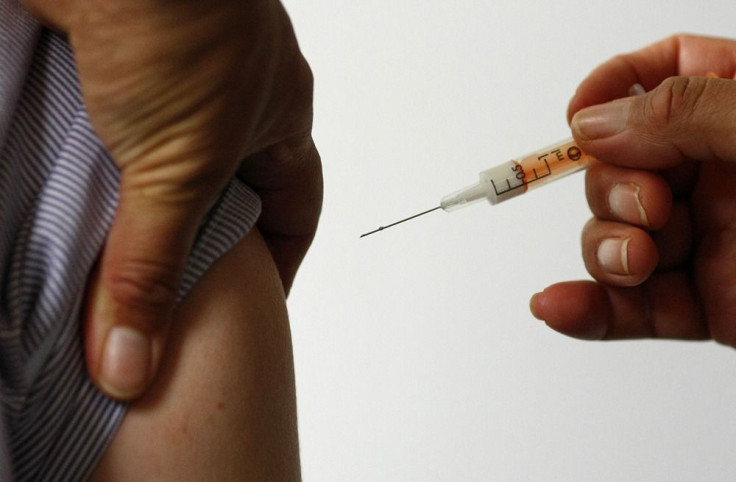Vaccine For Hypertension Shows Promise In Mice Studies

Japanese scientists are working on a vaccine that could help in lowering blood pressure and keeping it in check for up to six months based on a new research. This study on the latest advancement was performed by scientists at Osaka University, Japan and was published on May 26 in Hypertension.
In the latest study, Osaka researchers used needleless injections to introduce the vaccine to rats with hypertension for three times a week with a two-week interval. The results showed that there was a drop of blood pressure in the rats for up to six months. Furthermore, the vaccine has also reduced damage to surrounding heart and blood vessel tissues, which is linked to high blood pressure.
According to Live Science, the DNA vaccine created by Dr. Hironori Nakagami and his team works the same way as the conventional angiotensin-converting enzyme, or ACE, inhibitor drugs. The vaccine targets angiotensin II, the hormone responsible for constricting blood vessels that leads to elevated blood pressure.
The researcher did not find signs of damage to organs, such as the kidney or liver. Other studies have used vaccines to control hypertension, but none of them offered lasting results and some can produce adverse effects.
The Centres for Disease Control and Prevention, or CDC, reports that around 70 million Americans have hypertension. According to Medical Daily, the vaccine may not totally get rid of hypertension, but it bridges the gap seen in treatment regimens, such as changes in diet and lifestyle and exercise.
The vaccine still has to go various clinical trials before it could become acceptable in many health care institutions. However, researchers are hopeful of the different avenues that may open up due to the latest advancement.
"Further research on this DNA vaccine platform, including increasing the longevity of blood pressure reduction, may eventually provide a new therapeutic option to treat hypertensive patients," Nakagami said in a Medical Daily report. If the vaccine would be effective in people, it could reduce the expense of taking different antihypertensive medications daily.
To report problems or leave feedback on this article, email: wendylemeric@gmail.com.





















